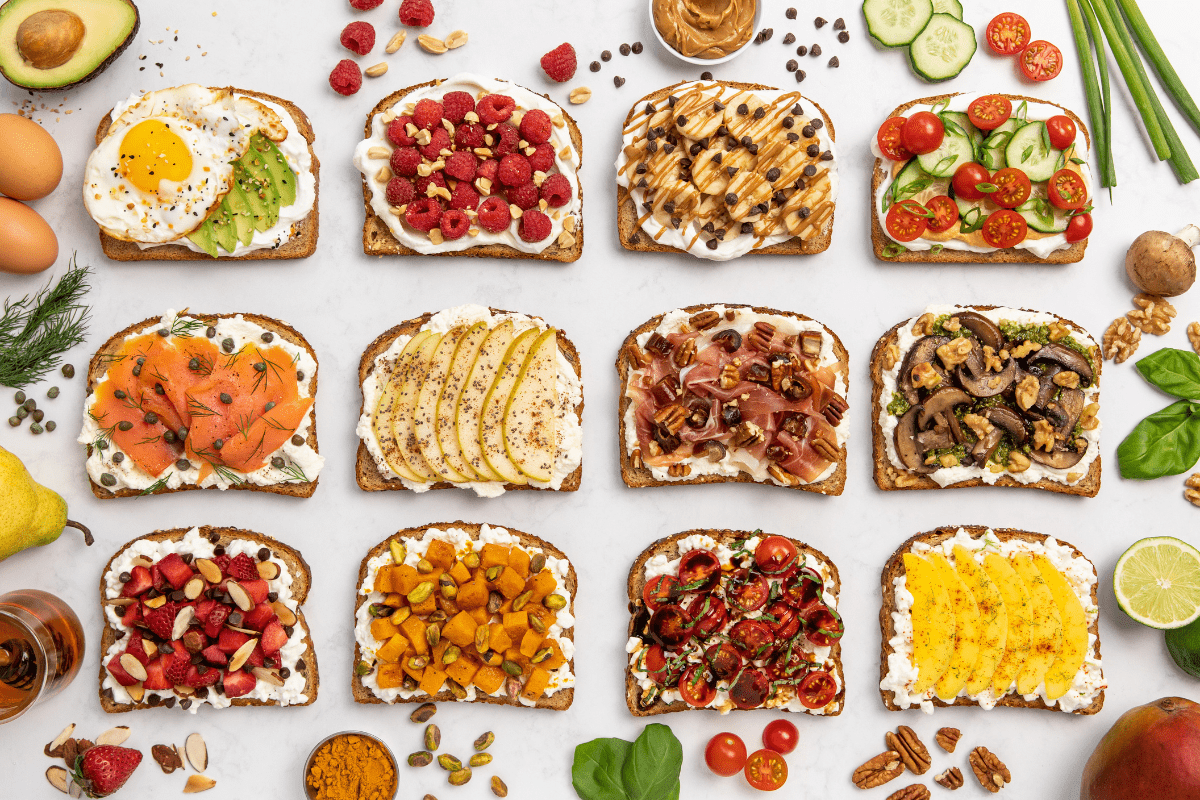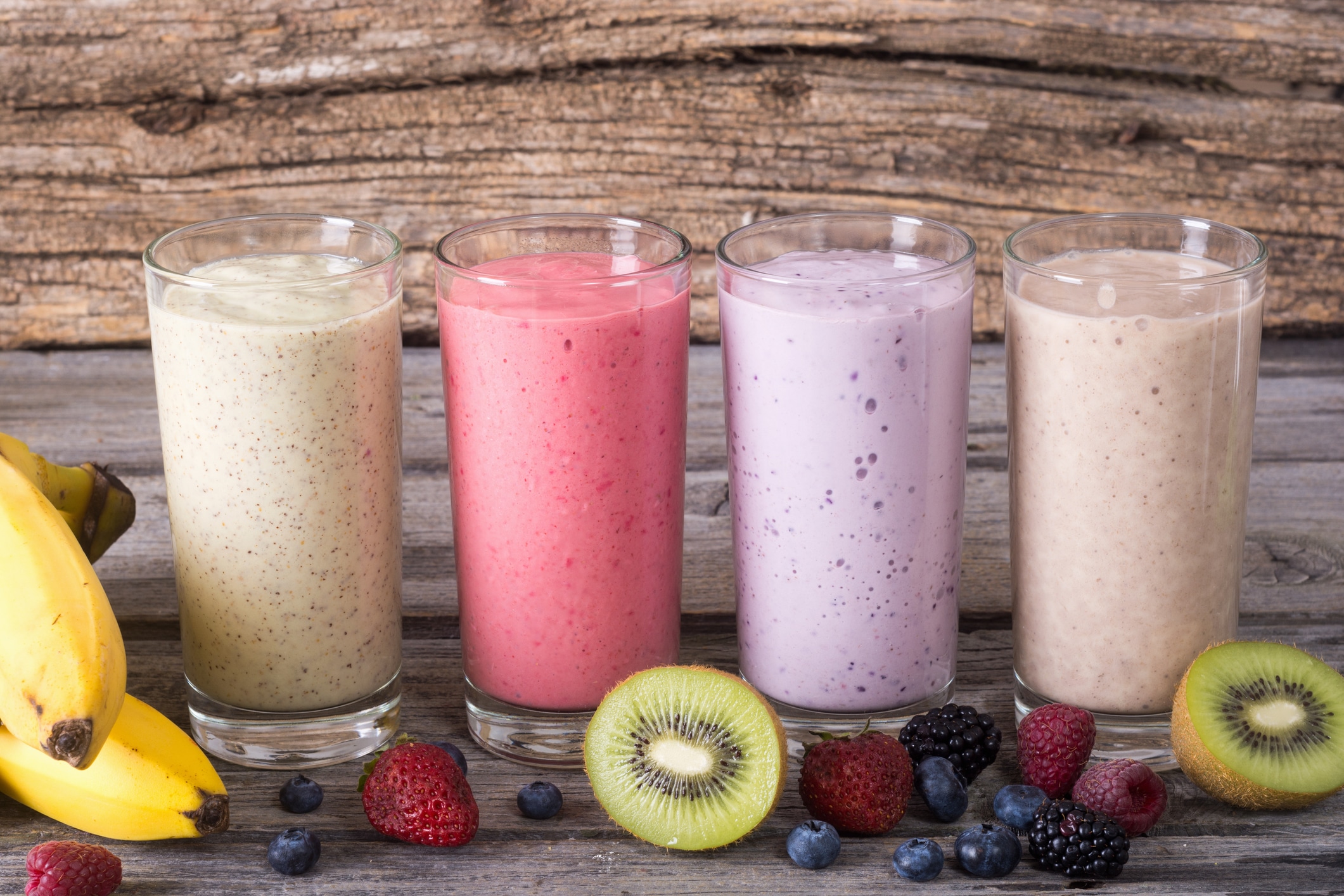Gaining weight might seem like an easy task for some, but that’s not the case for many high school athletes. It requires consuming more calories than you burn. That means, consuming enough food to support not only normal growth and development, exercise and training, but also the additional calories needed for muscular development. It may seem like a daunting task to fit in that much food between school, practice, strength training sessions and competitions, however, below are some tried and true strategies on how to gain weight the right way.
How Does Strength Training Help Performance?
Cross training is an important part of an athlete’s training regimen. Strength athletes are not the only ones who can benefit from building lean muscle; it can also mean a performance benefit for endurance athletes. More muscle typically means more strength, but a greater lean mass can also result in improved speed and endurance. This is important for sports like swimming, running, and cycling. In addition, adding more lean muscle in sports like football, hockey, baseball, softball, soccer and basketball can give the athlete more power over their competition.
Gaining Weight in a Healthy Way
To build lean muscle mass, your muscles have to be put to work. That means doing exercises specifically meant to build muscle and strength. It also requires you to adjust your sports nutrition plan to include the foods and fluids to support strength training.
It’s not as easy as loading up on pizza and pasta. To gain weight in a healthy way, you have to eat the right foods, at the right times. That means a combination of carbohydrate-rich foods to supply the energy you need to train harder and longer as well as protein-rich foods to supply the amino acids needed to repair the tissues that were broken down and to help build new muscle tissue.
Seven Tips for Healthy Weight Gain
To gain weight, you’ll need to eat more than if you were trying to maintain your weight. Below are some sports nutrition strategies to help support your training and help you reach your healthy weight gain goals.
1. Try to Eat Every 3-4 Hours
- Eat every 3-4 hours to help provide your body with fuel all day long, without feeling stuffed.
2. Be Consistent with Eating
- Don’t skip meals.
3. Include Caloric Beverages with Meals
- Drink low-fat milk – white or flavored – or 100% juice with meals and snacks.
4. Sneak Calories into Meals
- Make sandwiches with calorie-dense breads like sub rolls, pretzel rolls, and bagels.
5. Make Higher Calorie Smoothies
- Blend Greek yogurt or milk together with fresh fruit and nut butter.
6. Carry High Calorie, Portable Snacks with You
- Bring snacks to class and team meetings (trail mix, mixed nuts, etc).
7. Eat a Nutrient Dense Snack Before Bed
- Have a small snack, like crackers and cheese or a piece of fruit and a hard-boiled egg, before you head to bed.
Monitor Your Progress and Adjust Your Plan Accordingly
The best way to monitor your progress is to weigh yourself weekly. If you are not making the healthy weight gains that you want, first evaluate your training regimen. Remember, muscles must be put to work to grow. If you’re confident in your training regimen, try to add an extra carbohydrate and protein-rich snack somewhere in the day. Then, recheck your progress after one week. Continue to increase a serving of carbohydrates at each meal until you are seeing the gains that you want. If you’re not able to make the gains that you want on your own, consider reaching out to a sports dietitian, an athletic trainer or a strength and conditioning coach for help.
Examples of Quick, Nutrient-Dense Snacks
- Peanut butter and jelly on a whole wheat bagel
- Ham and cheese sandwich with 8 ounces low-fat milk
- 6 inch turkey sub sandwich with 12 ounces low-fat chocolate milk
- 1/2 cup sunflower seeds and 8 ounces grape juice
- 1 cup trail mix (nuts, dried fruit & dried cereal) with 8 ounces orange juice
- 6 fig bars with 8 ounces low-fat chocolate milk
- Homemade Smoothie (1 cup Vanilla Yogurt, 4 oz. Low-Fat Milk, 1 Banana, 1 cup Berries, 2 tablespoons Wheat Germ)





